I have XCode installed, but for some reason, /usr/local/lib is not amongst the default library search paths:
gcc -Xlinker -v
gives me:
@(#)PROGRAM:ld PROJECT:ld64-224.1
configured to support archs: armv6 armv7 armv7s arm64 i386 x86_64 armv6m armv7m armv7em
Library search paths:
/Applications/Xcode.app/Contents/Developer/Platforms/MacOSX.platform/Developer/SDKs/MacOSX10.9.sdk/usr/lib
Framework search paths:
/Applications/Xcode.app/Contents/Developer/Platforms/MacOSX.platform/Developer/SDKs/MacOSX10.9.sdk/System/Library/Frameworks/
This is unfortunate since /usr/local/lib is a fairly canonical location for installed libraries and and there is no /etc/ld.so.conf+ldconfig on mac os x to modify the default library search paths. So without using -L/usr/local/lib this results in a linker error. Is there any other, non-runtime option than setting the environment variable DYLD_LIBRARY_PATH?
EDIT: Setting the DYLD_LIBRARY_PATH env variable did nothing for me. I had to set the LIBRARY_PATH env variable instead to be able to link libraries installed under /usr/local/lib with gcc.
Was there an option about this when installing XCode? (it's a work computer, haven't installed it myself)

